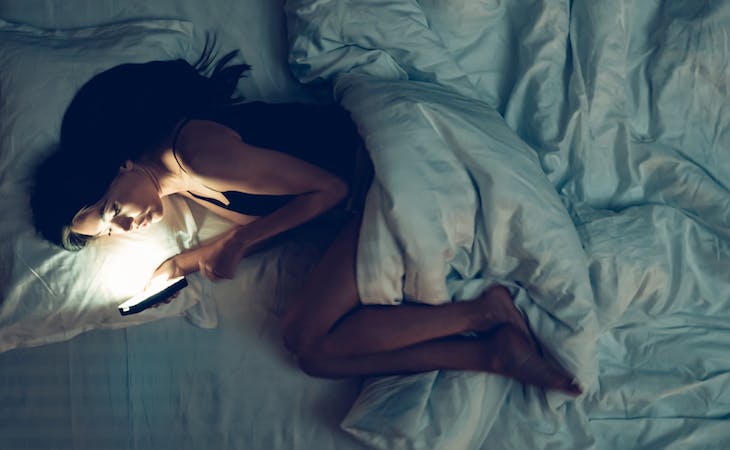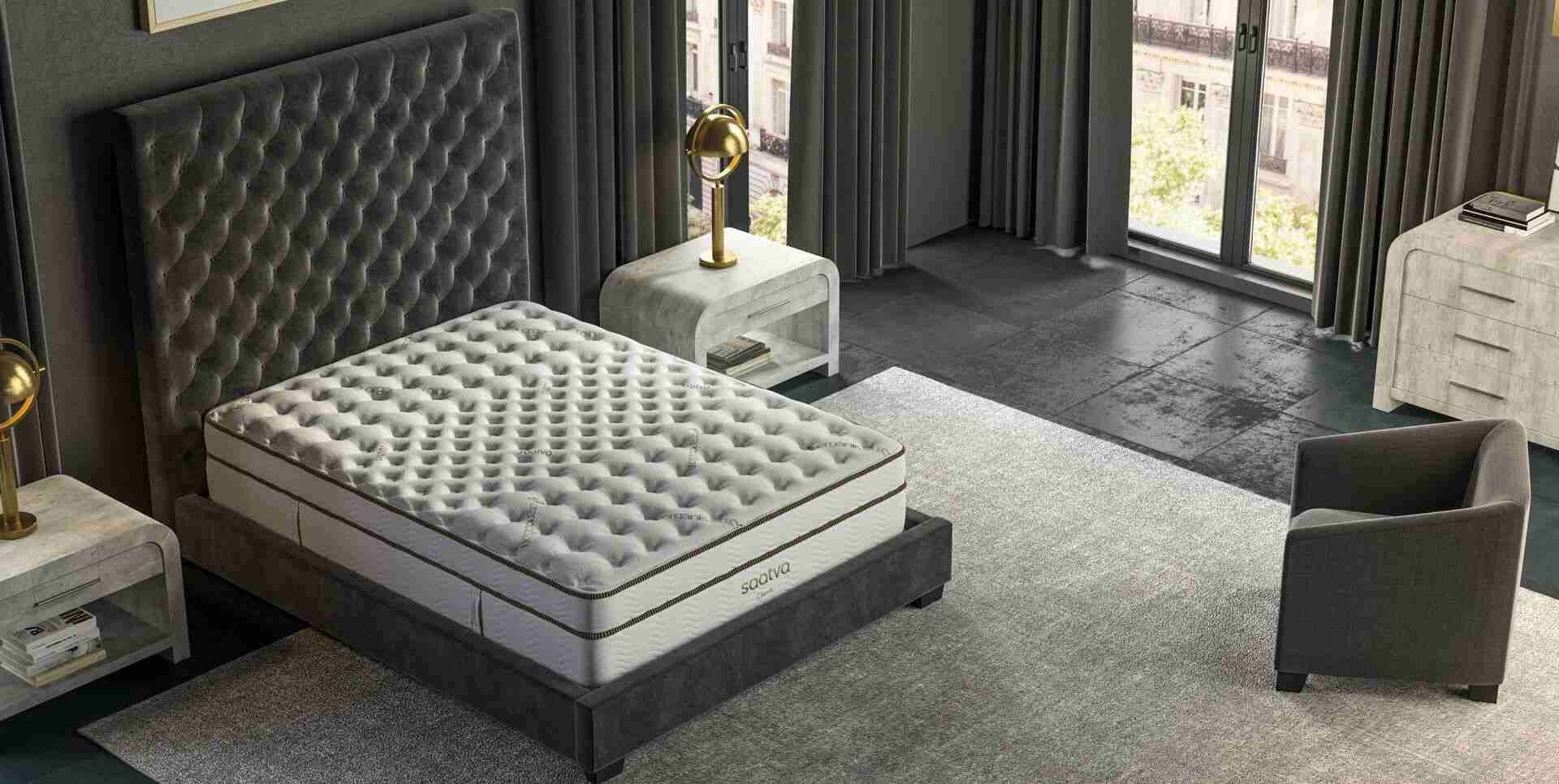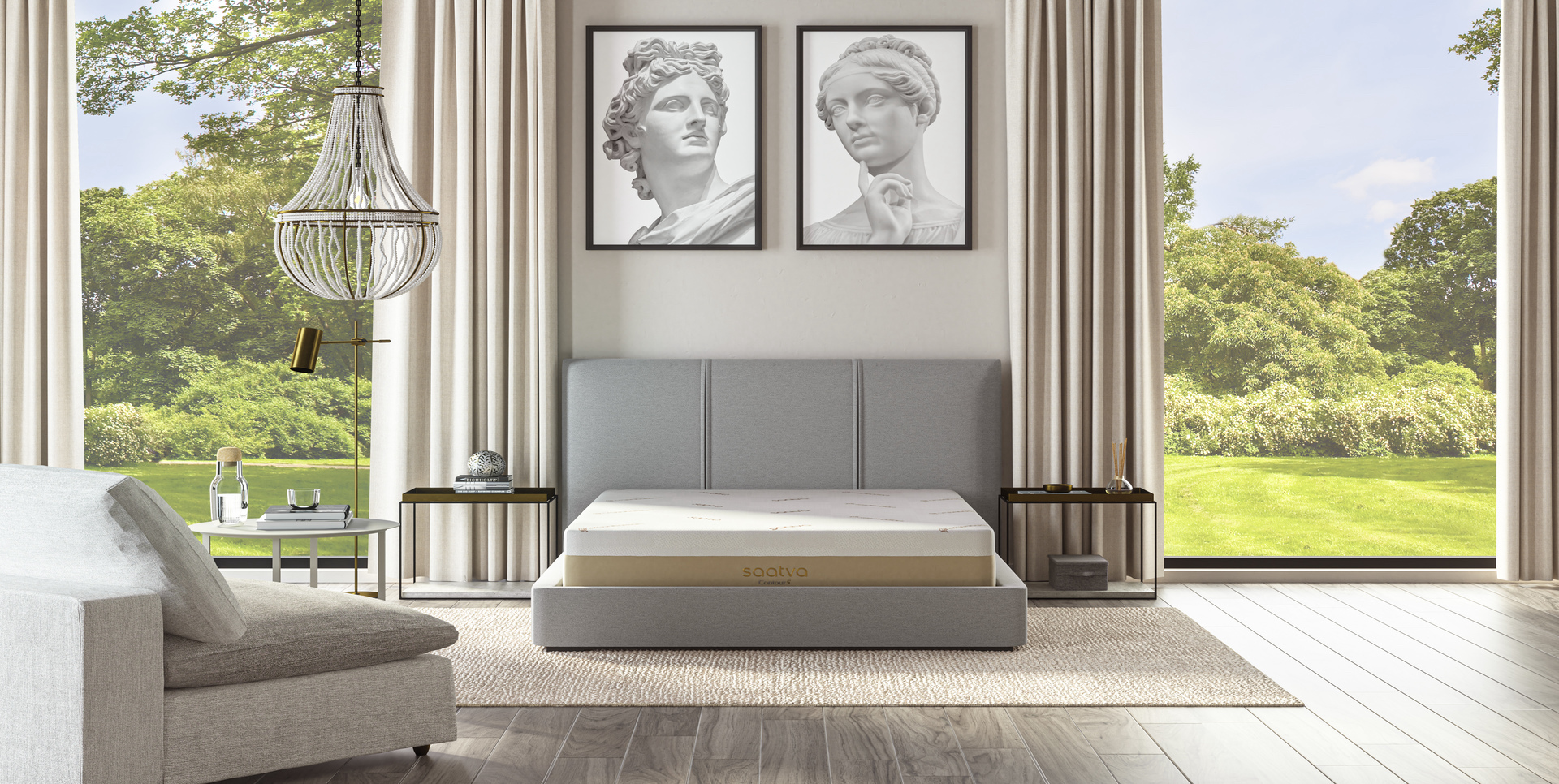Many of us have been spending more time than ever on our devices these days, thanks to all the extra time we’ve had at home during the pandemic. With virtual work and online school, you have no option but to be glued to your laptop and phone.
The potential consequence of overusing these devices? Junk sleep. With a name like that, you’d be right if you guessed junk sleep wasn’t a good thing. Luckily, there are a few easy steps you can take to put a stop to it.
Keep reading to learn more about what junk sleep is, what the most common causes are, and what you can do to prevent it.
What is junk sleep?
You may or may not have already heard of junk sleep, but if you find yourself tossing and turning in bed or waking up feeling exhausted, then you’re no stranger to it.
According to The Sleep Council—a British organization that speaks on the importance of sleep and its relation to our health—junk sleep is sleep that’s neither long enough nor good enough in quality to help restore your brain so that it can function properly the next day.
The leading cause of junk sleep is the constant use of electronic devices before bed—but other factors, like lack of a bedtime routine or a chaotic environment, can also affect how well you sleep at night.
How do you prevent junk sleep?
If you’ve fallen victim to junk sleep, follow these tips before bed to help you catch better Z’s tonight:
Ditch your devices
According to the National Sleep Foundation, approximately 95% of people use an electronic device within an hour of bedtime. I don’t blame you: It’s your chance to catch up on the news, reply to people, check your socials, read, or set your alarm for the next morning.
But don’t kid yourself by calling this “me time.” In reality, using your phone or tablet before bed disrupts your body’s circadian rhythm and can lead to junk sleep. That’s because screens emit blue light, which inhibits your brain from producing melatonin, the sleep hormone.
So what should you do? The answer is simple: Cut back on your electronics usage before bed.
Here’s how to do it:
- Turn off all your screens an hour before your bedtime.
- Create a charging station in a room that’s not yours. (Avoid using your bedside table!)
- Purchase an alarm clock instead of depending on your phone.
- Occupy yourself with other activities, such as reading (from a book—not an e-reader), painting, or doing a puzzle.
Create a bedtime routine—and stick to it
Do you find yourself often eating dinner at 9 p.m.—or working until 10 p.m.? If so, then you could be setting yourself up for a night of junk sleep. That’s because it’s hard to wind down when your mind—and body-are still active.
Those final hours before bed should be dedicated to relaxing and preparing yourself for sleep. You can do this by creating a bedtime routine.
According to the Sleep Foundation, “a bedtime routine is a set of activities you perform in the same order, every night, in the 30 to 60 minutes before you go to bed.” Although bedtime routines can vary, they often include calming activities such as journaling, meditating, drinking tea, or doing yoga.
Perfect your sleep environment
When it comes to getting a good night’s sleep, your environment is everything. Noise, light, clutter, and a too-warm temp can all disturb your slumber, leading to—you guessed it—junk sleep
Here are three things you can do to make your bedroom a sleep sanctuary:
- De-clutter your bedroom. You can do this by making your bed every morning, putting away dirty and clean laundry, and removing any unnecessary items from your bedside table.
- Wear a sleep mask and earplugs to bed. Shutting out the light can have a huge impact on your ability to catch Z’s. Slip on a sleep mask or install blackout curtains to ensure your bedroom is truly dark come bedtime. Wear earplugs too to block out noise.
- Keep your bedroom cool. Lower your thermostat to somewhere between 60-67 degrees Fahrenheit—that’s the ideal temperature range for optimal sleep. The right bedsheets can also prevent you from waking up with night sweats. Here are the best sheets to keep you cool.
Could your mattress be to blame for junk sleep?
Sleeping on a less-than-comfortable mattress can make it harder to get a good night’s rest. So if none of the above tips are working, then your mattress could be the culprit of your junk sleep. Here’s how to tell if it’s time to replace your mattress. If you determine your bed is indeed past its prime, then take our mattress quiz to help find one that better suits your needs.







